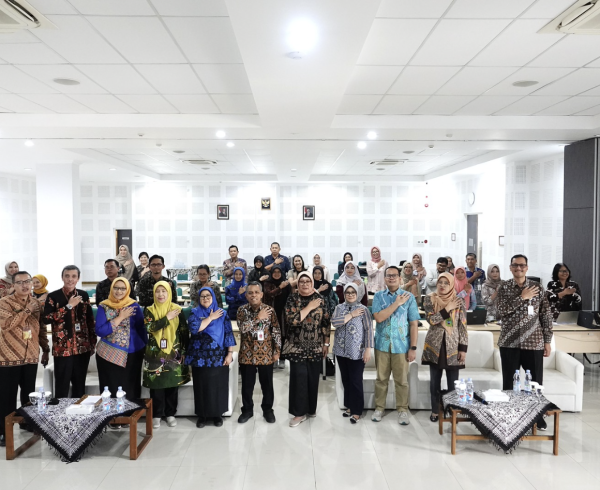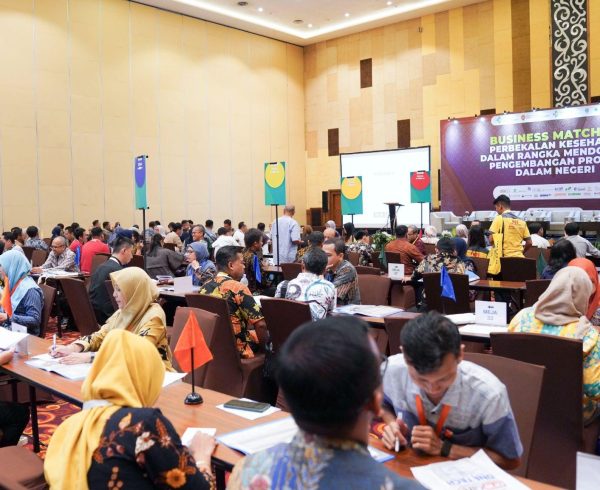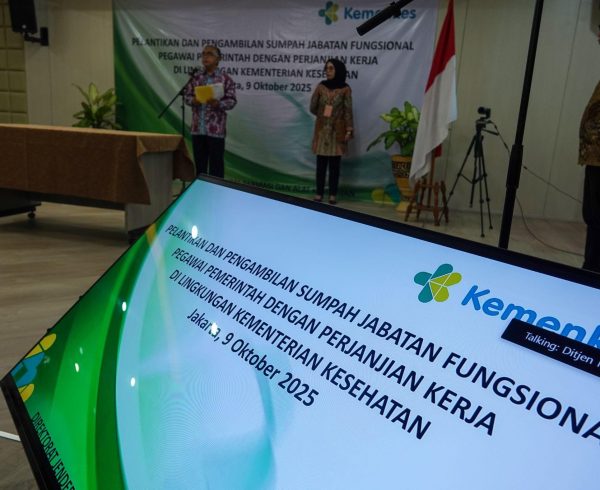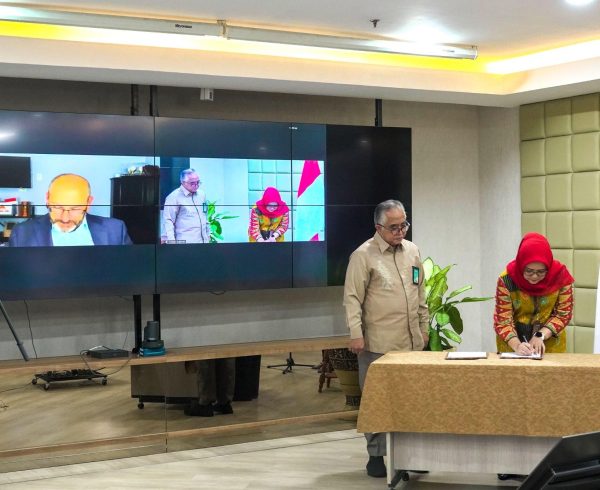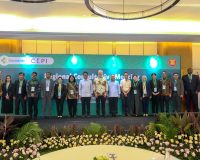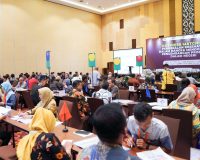The meeting, which is attended by more than 2000 participants and held annually, is a strategic forum that will be attended by all provincial/district/municipal health offices, public hospitals, provincial/district/municipal Bappeda, Health Service Units (UPK) of the Ministry of Health, representatives of ministries/institutions, and other health development partners.
President Joko Widodo (Jokowi) is scheduled to open the Rakerkesnas on Wednesday morning, after which Minister of Health Budi Gunadi Sadikin as the committee chairman will submit a report. A number of Advanced Cabinet ministers will also attend the event, including Coordinating Minister for Human Empowerment and Culture Muhadjir Effendy, Minister of Home Affairs Tito Karnavian, Minister of Administrative Reform and Bureaucratic Reform Abdullah Azwar Anas.
The Rakerkesnas activity in 2024 took the theme "Health Transformation: Accelerating Towards a Golden Indonesia".
It is hoped that from this Rakerkesnas, the results of the 2023 performance achievements can be known, and the formulation of strategic steps to achieve future performance targets, especially after the issuance of the Health Law Year No. 17/2023.
What will be different this time? First, for the first time, the government will harmonize the preparation of the Health Sector Master Plan (HMP) as a direction for the central government and local governments in planning, budgeting, and implementing health programs in the regions.
The RIBK as mandated in the health law changes the paradigm in health planning from program follow money to money follow program. The health budget is not pegged at 5% or 10%, but according to the needs of program priorities.
Both Health Laws emphasize health strategies to prevent people from getting sick through promotive and preventive programs. For example, we will intensify the implementation of screening for 14 priority diseases including early detection of risk factors for non-communicable diseases. For maternal and child health, we will expand congenital hypothyroid screening, pregnant women will have their pregnancies checked 6 times and intensify the national immunization program.
In order for the program to be achieved, we need, among others, 100% fulfillment of medical equipment for puskesmas, pustu, and posyandu in stages by 2024-2028 and the construction of 48 new puskesmas in 48 sub-districts.
Third, efforts to accelerate equitable access to health services in all regions will be intensified so that good access is not only centered on the island of Java but on several other large islands.
Equitable distribution of referral services through the hospital network guardianship program is carried out to improve access to services for heart disease, stroke, cancer, and kidney disease. This is done through the support of medical equipment for 34 provincial hospitals and 514 district / city hospitals, and the fulfillment of specialist doctors and supporting health workers.
The event also served as a communication forum to discuss obstacles and challenges, and find effective solutions in health development.
In addition, a number of regions that have had success in efforts to improve the health of the surrounding community will also share their experiences with the participants. These include the Cianjur District Health Office, which will present Permata Kamila, a local supplementary feeding program for pregnant women with chronic energy deficiency (CEC) and toddlers.



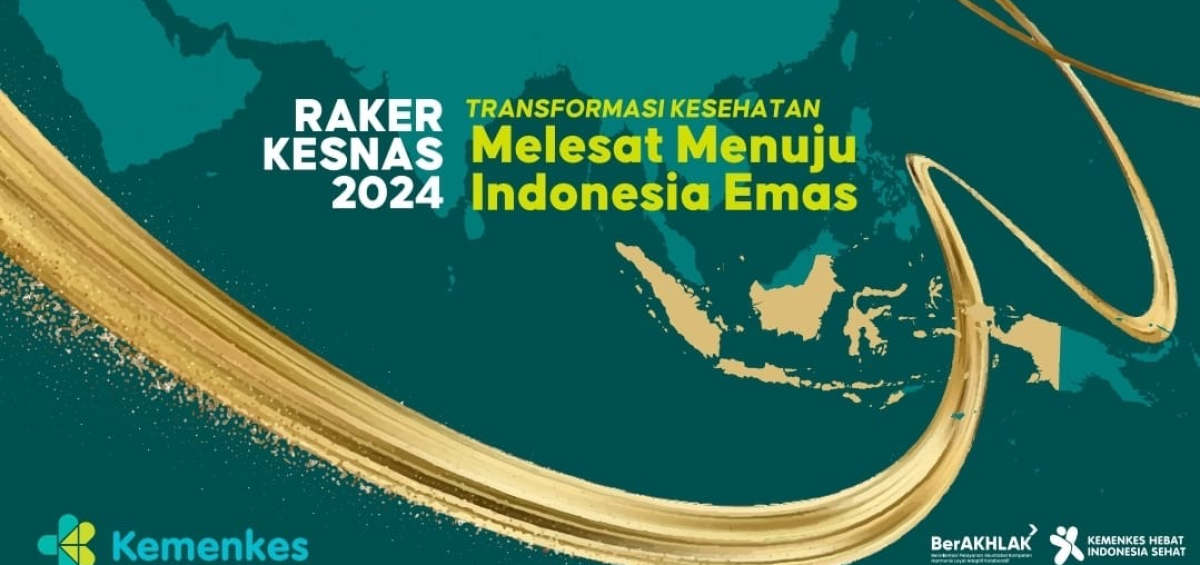 The Ministry of Health will hold a National Health Work Meeting (Rakerkesnas) at the International Convention Exhibition (ICE) Bumi Serpong Damai (BSD), South Tangerang, Banten, on Wednesday (24/4) and Thursday (25/4).
The Ministry of Health will hold a National Health Work Meeting (Rakerkesnas) at the International Convention Exhibition (ICE) Bumi Serpong Damai (BSD), South Tangerang, Banten, on Wednesday (24/4) and Thursday (25/4).